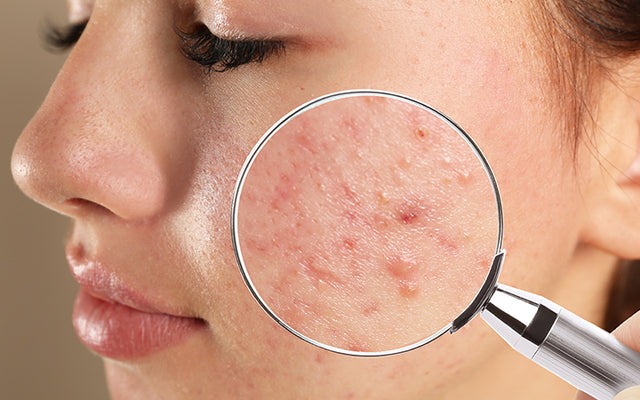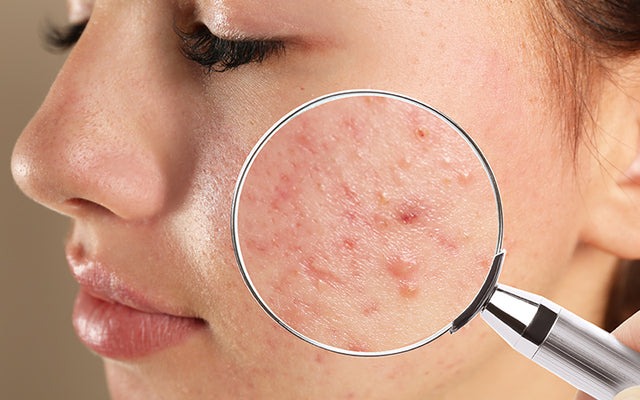
ST13. Dangerous Pimples on Your Skin You Should Never Pop: Here’s Why
We’ve all been there—a pimple appears on your skin, and you can’t resist the urge to squeeze it. However, certain types of pimples are more than just a cosmetic nuisance. They can be dangerous if you pop them. Here’s why you should avoid squeezing specific pimples, and what could happen if you do.
What Are Pimples and Why Do They Form?
Pimples, also known as acne, occur when hair follicles on the skin become clogged with oil, dead skin cells, or bacteria. This can lead to inflammation and the formation of a pimple, which can vary in size, color, and severity.
While most pimples are harmless, certain types can pose risks to your health if you attempt to pop them. Here are some of the dangerous pimples you should never squeeze.
Dangerous Pimples You Should Avoid Popping
1. Cystic Acne

Cystic acne is one of the most severe forms of acne. It appears as large, painful bumps deep under the skin’s surface and is often filled with pus. Popping a cystic pimple can push the infection deeper into the skin, causing the cyst to grow even larger. This can lead to permanent scarring and worsen the condition.
Why you should never pop it:
Attempting to squeeze a cystic pimple can cause the infection to spread, leading to more breakouts and increasing the risk of scarring. It’s best to visit a dermatologist for proper treatment.
2. Nodules
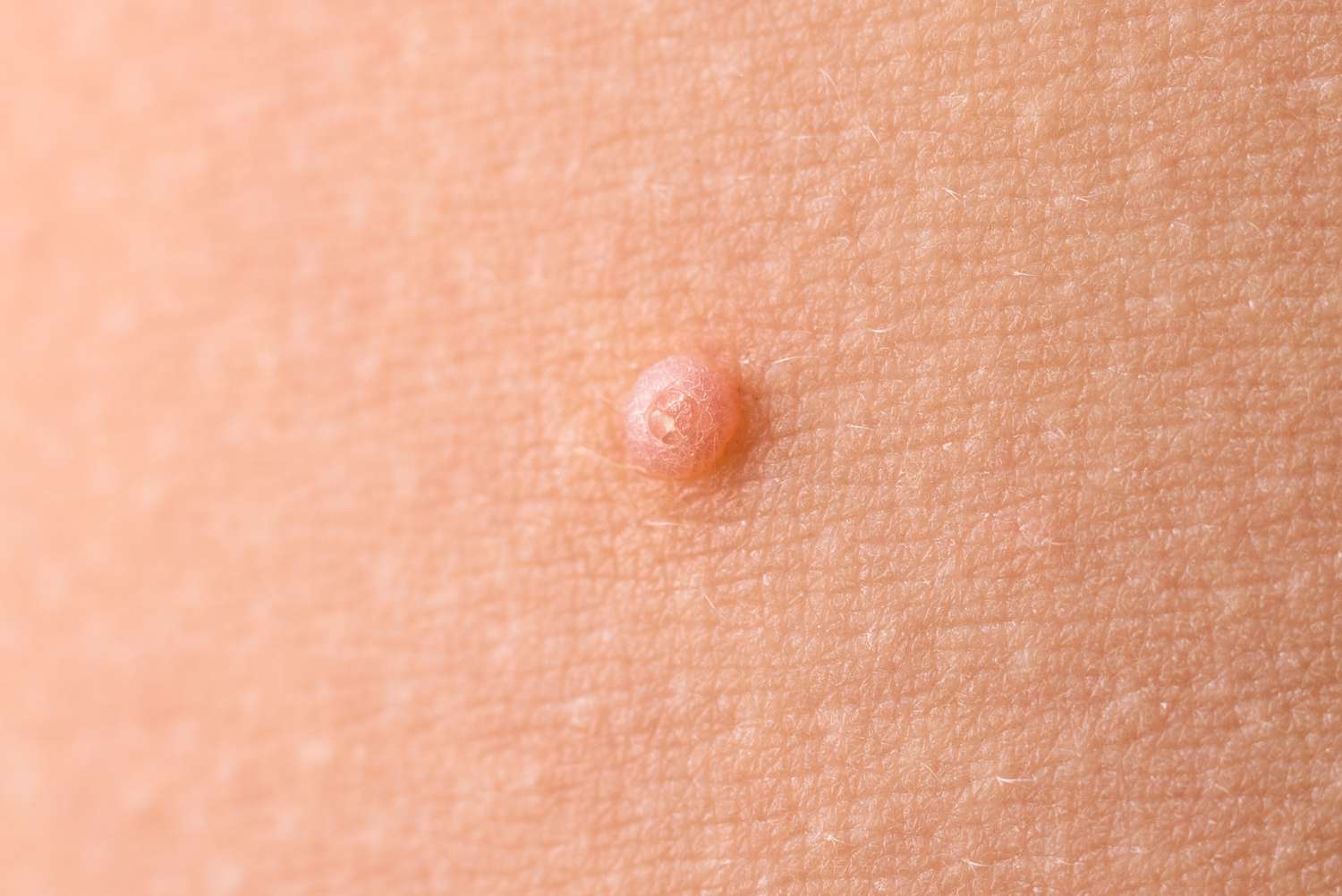
Nodules are hard, painful pimples that form deep within the skin. Like cystic acne, they don’t have a visible head, which makes them impossible to pop. Trying to squeeze a nodule can break the skin, causing further irritation and pushing bacteria deeper into the pore.
Why you should never pop it:
Popping a nodule can lead to scarring, as these pimples are deeply embedded. You can also risk creating new pimples in the surrounding area, worsening the overall condition of your skin.
3. Whiteheads
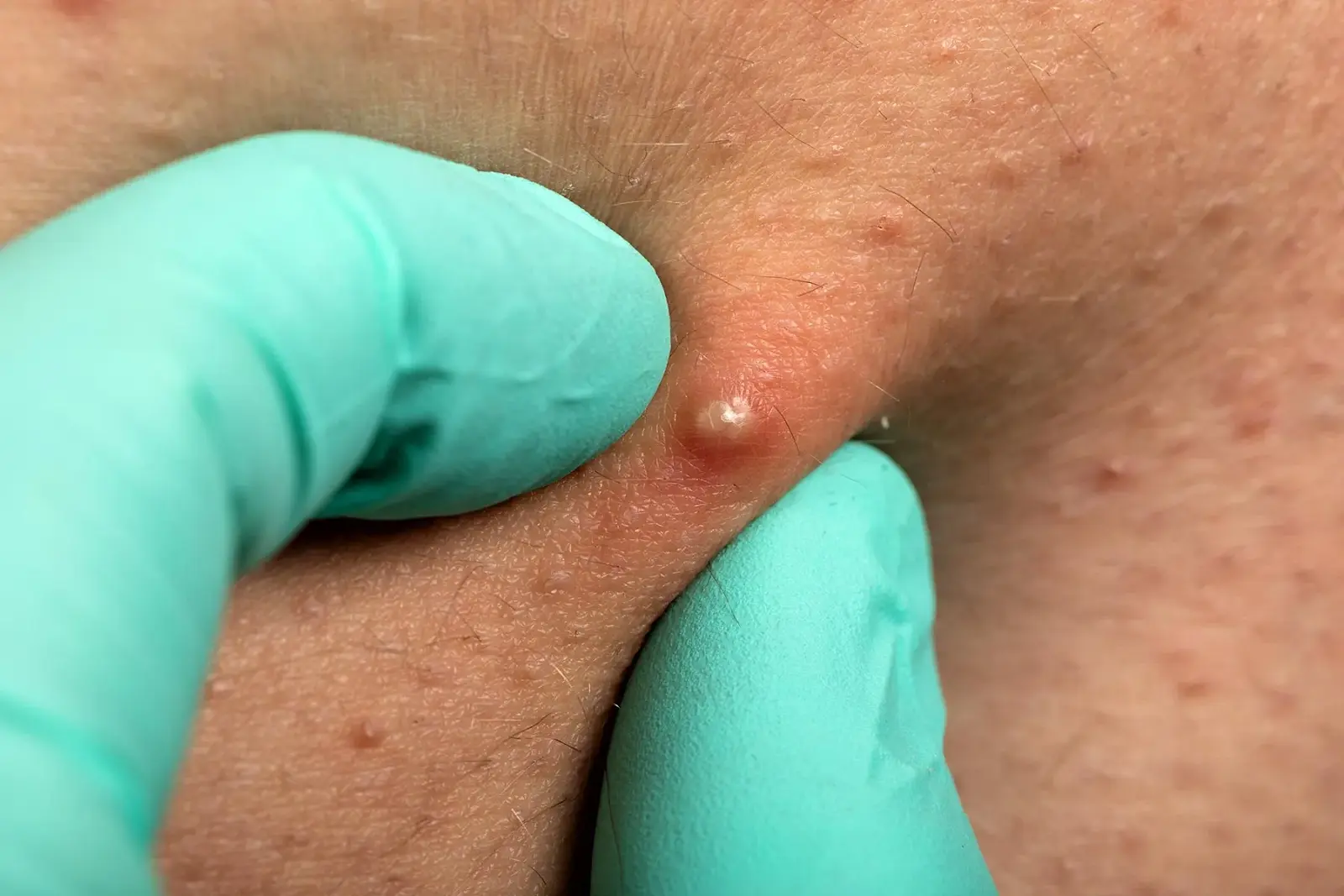
Whiteheads occur when a pore becomes clogged with oil and dead skin cells, creating a small, white bump on the surface of the skin. While whiteheads may look tempting to pop, it’s important to resist the urge. Popping them can cause the bacteria to spread and may lead to more pimples.
Why you should never pop it:
Squeezing a whitehead can cause inflammation and increase the risk of a more severe breakout. It can also lead to permanent skin damage and scarring.
4. Pustules
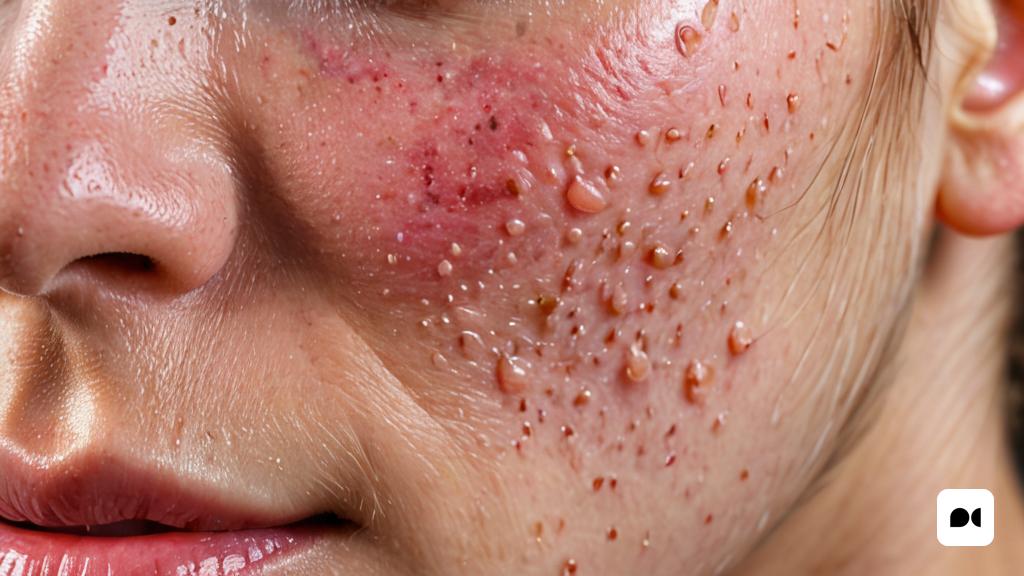
Pustules are similar to whiteheads but are filled with yellow or white pus, making them easier to identify. While they might seem like they should be popped, doing so can cause the pus to spill into surrounding skin, causing inflammation and new breakouts.
Why you should never pop it:
Popping pustules can lead to the spread of bacteria, causing additional pimples in nearby areas. It can also result in long-lasting scars or pigmentation changes on the skin.
5. Blind Pimples
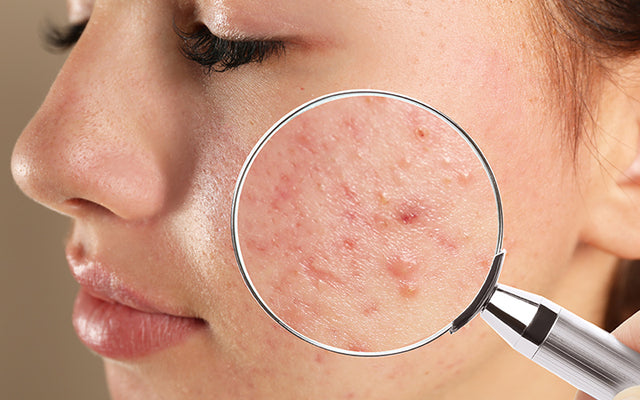
Blind pimples are often painful and appear deep beneath the skin. Unlike other pimples, blind pimples don’t form a visible head, which means that trying to pop them can be especially damaging. These pimples are prone to causing intense irritation and inflammation if squeezed.
Why you should never pop it:
Trying to pop a blind pimple can cause the bacteria to travel deeper into the skin, leading to a worse infection. In some cases, it can result in permanent scarring.
What Happens If You Pop Dangerous Pimples?
Popping pimples, especially the dangerous types mentioned above, can have long-lasting negative effects:
-
Increased Risk of Infection: When you pop a pimple, you expose the wound to bacteria, making it more susceptible to infection.
-
Scarring: Popping pimples can push the bacteria deeper into the skin, causing permanent scars that can be difficult to treat.
-
More Breakouts: Squeezing pimples can force the contents deeper into the pores, leading to even more pimples in the future.
How to Treat Dangerous Pimples Safely
Instead of popping your pimples, consider the following safer treatment options:
-
Consult a Dermatologist: If you have cystic acne or other severe breakouts, a dermatologist can help with prescribed treatments such as retinoids, antibiotics, or steroid injections.
-
Use Acne Medication: Over-the-counter acne treatments like benzoyl peroxide or salicylic acid can help reduce inflammation and treat breakouts without causing further harm.
-
Avoid Touching Your Face: Keep your hands away from your face to prevent transferring bacteria and oil to your skin.
The Bottom Line: Avoid Popping Dangerous Pimples
While it may seem tempting, popping pimples—especially those that are deeper and more severe—can have negative consequences for your skin health. Instead of squeezing, opt for safer treatments and consult with a dermatologist for guidance.
If you’ve struggled with the urge to pop pimples, remind yourself of the risks and take care of your skin with safer, more effective options.
Sources:
-
American Academy of Dermatology – Acne Treatments
-
Mayo Clinic – Acne: Causes and Treatment
